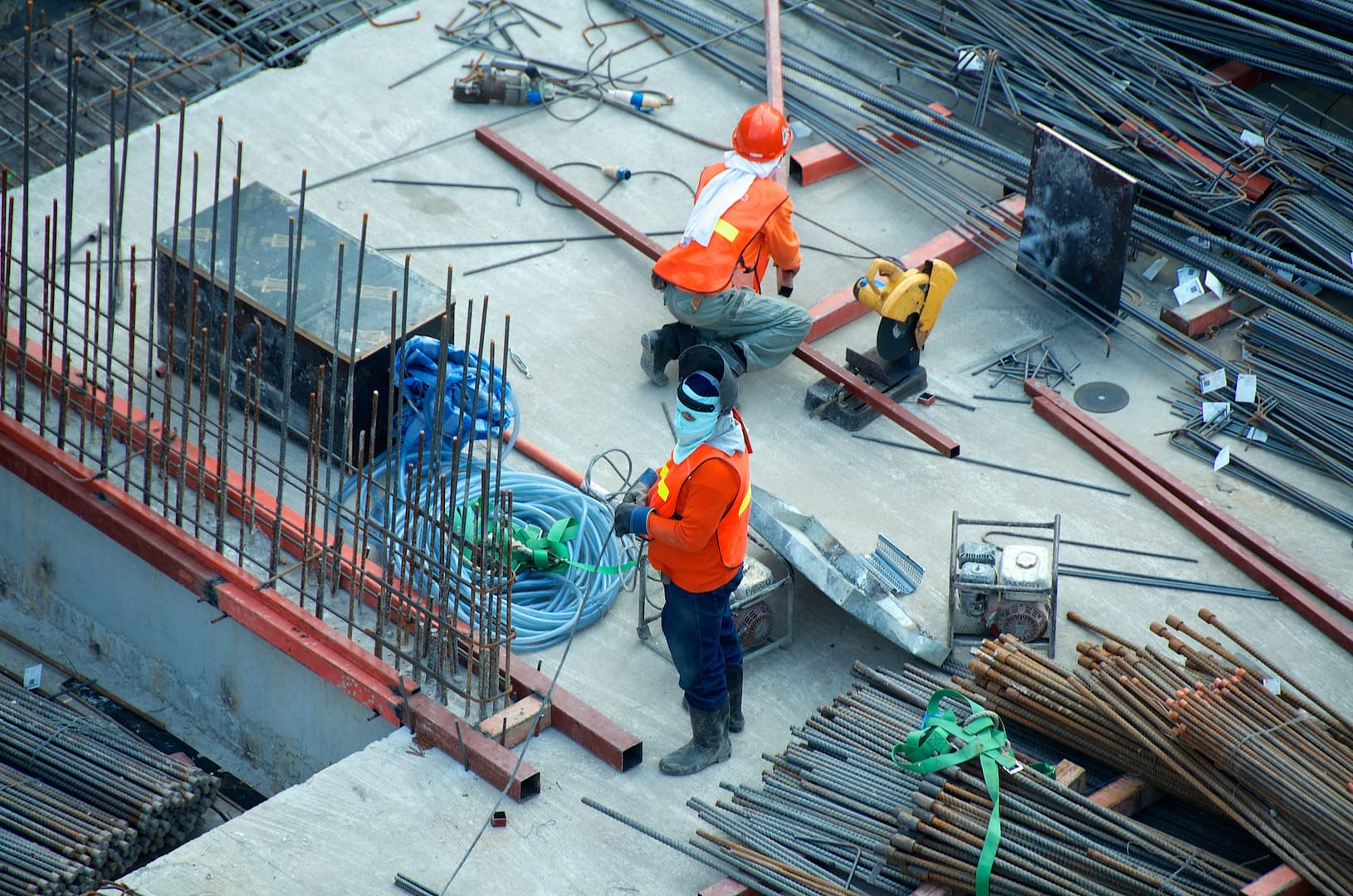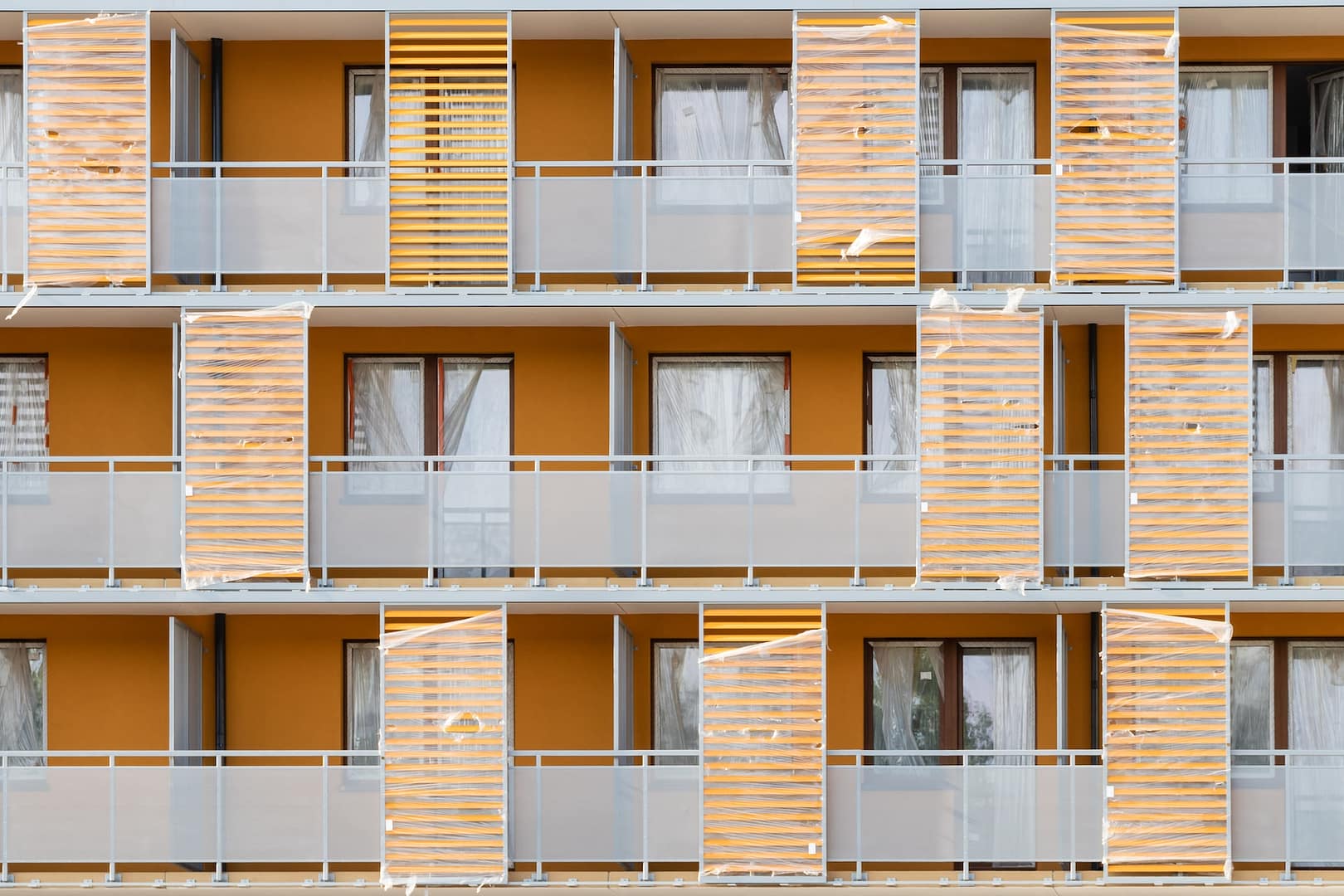When it comes to providing affordable housing for those in need, social housing plays a vital role. It is meant to be a sanctuary for individuals and families facing financial hardships, ensuring they have a secure and stable place to call home. However, recent concerns have arisen regarding the safety of newly built social housing units. In this article, we will delve into the biggest issues facing social housing, explore the implications of the Building Safety Act for social housing in the UK, and examine the pressing question: is there a safety issue with newly built social housing? We will also walk you through the steps to take when making a housing disrepair claim.
The Urgent Need for Social Housing
Before delving into the potential safety issues, it is crucial to understand the significance of social housing and the challenges it aims to address. Social housing, often provided by local authorities or housing associations, offers affordable and secure homes to those who cannot afford to rent or buy in the private market. These homes are a lifeline for individuals and families facing financial instability, homelessness, or other hardships.
In many countries, including the United Kingdom, the demand for social housing far exceeds the supply. This scarcity of affordable homes results in lengthy waiting lists and individuals living in inadequate or unsafe conditions. While social housing is meant to be a solution to housing inequality, it is not without its own set of problems.
The Biggest Issues Facing Social Housing
Supply and Demand Imbalance
One of the most significant challenges in the realm of social housing is the stark imbalance between supply and demand. The demand for affordable housing units consistently outpaces the available supply. This imbalance leads to long waiting lists, leaving vulnerable individuals and families without a suitable place to live for extended periods.
Aging Infrastructure
Many existing social housing units suffer from aging infrastructure. Decades of wear and tear have resulted in dilapidated buildings and facilities. These conditions not only jeopardise the safety and well-being of residents but also require substantial maintenance and renovation expenses.
Lack of Investment
Insufficient financial investment in social housing is another pressing issue. Limited funding for maintenance, repairs, and new construction often leads to substandard living conditions and delayed safety improvements.
Quality Concerns
The quality of social housing units can vary widely. Some are well-maintained and provide a high standard of living, while others may lack essential amenities or suffer from structural issues. Ensuring consistent quality across all social housing units is a challenge that requires sustained attention and investment.
The Building Safety Act: A Step Towards Improvement
In response to growing concerns about the safety of social housing and other residential properties, the UK government introduced the Building Safety Act. This legislation, which received Royal Assent in 2021, aims to enhance the safety and oversight of buildings in England, including social housing units.
Key Provisions of the Building Safety Act
Building Safety Regulator
The Act establishes a Building Safety Regulator responsible for overseeing the safety of higher-risk buildings, including residential properties. This regulator will set safety standards, monitor compliance, and take enforcement action when necessary.
Dutyholders
Under the Act, specific individuals or entities involved in the construction and management of buildings will have defined duties regarding safety. These dutyholders are accountable for ensuring that buildings meet safety standards throughout their lifecycle.
Gateway Process
The Act introduces a gateway process, which requires developers to seek approval at different stages of a building’s design and construction. This process is intended to identify and address safety risks early in the development process.
Enhanced Accountability
The Building Safety Act places a strong emphasis on accountability. Those responsible for building safety are held to high standards, with severe penalties for non-compliance.
Implications for Social Housing
While the Building Safety Act primarily focuses on higher-risk buildings, its provisions have significant implications for social housing as well. Social housing providers must adhere to the safety standards and regulatory framework outlined in the Act.
The Act’s emphasis on accountability and safety standards may lead to improved safety measures and a heightened focus on the condition of social housing units. However, it also brings challenges, particularly for housing associations and local authorities tasked with meeting the Act’s requirements.
Is There a Safety Issue with Newly Built Social Housing?
Now, let’s address the central question: is there a safety issue with newly built social housing? The answer to this question is complex and multifaceted.
The Role of Regulations
Regulations and building codes play a pivotal role in ensuring the safety of newly constructed social housing units. In many countries, including the UK, stringent building regulations are in place to govern the design, construction, and maintenance of residential buildings. These regulations are intended to safeguard the well-being of occupants and prevent safety hazards.
The Building Safety Act, mentioned earlier, further bolsters the regulatory framework for ensuring the safety of newly built social housing. With its focus on accountability and oversight, the Act aims to reduce the likelihood of safety issues arising in new construction projects.
Challenges in Implementation
While regulations are essential, their effectiveness depends on rigorous implementation and enforcement. Some challenges in ensuring the safety of newly built social housing include:
Budget Constraints
Social housing providers often face budget constraints that can impact their ability to invest in the latest safety technologies and materials. This can lead to cost-cutting measures that compromise safety.
Workforce Expertise
Ensuring that construction workers and contractors possess the necessary expertise in safety practices is crucial. A lack of training and knowledge can result in safety oversights during construction.
Quality Control
Maintaining consistent quality control during construction is challenging but essential for safety. Even minor mistakes or shortcuts in the building process can have significant safety implications.
The Importance of Inspection and Maintenance
Apart from the initial construction phase, the long-term safety of social housing units hinges on regular inspection and maintenance. Neglecting these aspects can lead to safety issues over time. Proper inspection and maintenance routines can identify and address potential hazards before they escalate.
Making a Housing Disrepair Claim with National Claims
At National Claims, we understand the importance of safe and secure housing for all. If you believe you are living in a social housing property that suffers from disrepair issues affecting your safety and well-being, you have the right to take action. Here, we will guide you through the claims process with National Claims to ensure that your rights are protected.
Contact National Claims
The first step in making a housing disrepair claim with us is to get in touch. You can reach out to us through our website, phone, or email. Our team of experienced professionals will listen to your concerns and gather essential information about your situation.
Assessment and Documentation
Once we have a clear understanding of your case, we will assess the extent of the disrepair issues in your social housing property. It’s crucial to document all the problems you’re facing, including photographs and any relevant paperwork, such as repair requests you’ve submitted to your housing provider.
Legal Consultation
After a thorough assessment, we will provide you with a legal consultation to discuss the strength of your case. Our experts will explain your rights and the legal obligations of your housing provider under current regulations and legislation.

Conclusion
In conclusion, your safety and well-being are of utmost importance when it comes to your social housing property. If you suspect that there is a safety issue due to disrepair in your home, do not hesitate to contact National Claims. We are here to guide you through the process of making a housing disrepair claim, advocating for your rights, and working towards a safe and secure living environment. Together, we can ensure that social housing remains a reliable and safe option for those in need.
Contact us to get started on your claim and speak to one of our claims specialists today.
Click below to see why we are one of the most trusted claims management companies in the UK.

We’re proud of our excellent customer reviews
We thrive on delivering exceptional service and ensuring our clients’ satisfaction. Don’t just take our word for it. Check out some of our independent reviews to see what our clients have to say.
Excellent

This firm is excellent, they sorted out my car pay out and injury claim very fast, they always communicate with you all the time.

My accident case was dealt with confidence and with great result of the outcome, especially James kept me informed all the time.

I was very impressed at the way my inquiry was treated. I was listened to attentively and everything I needed to know was explained to me.






